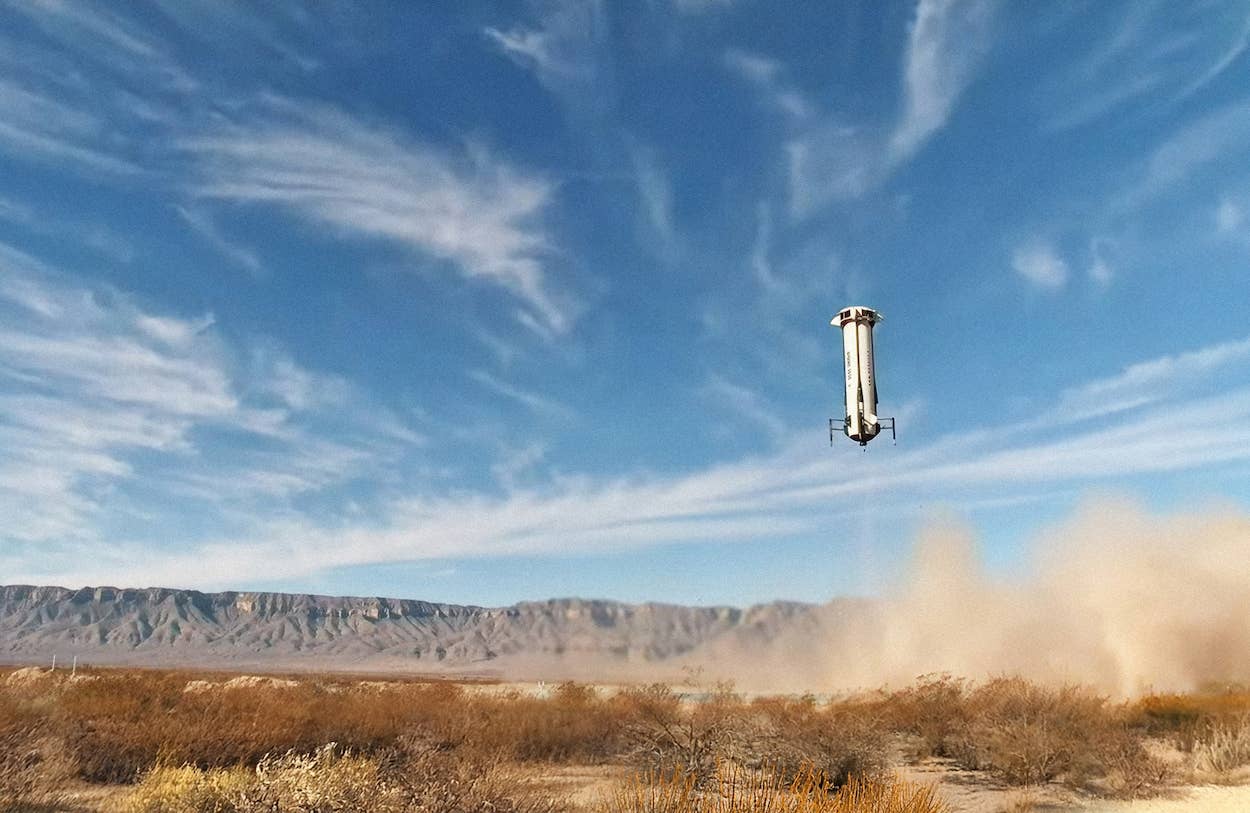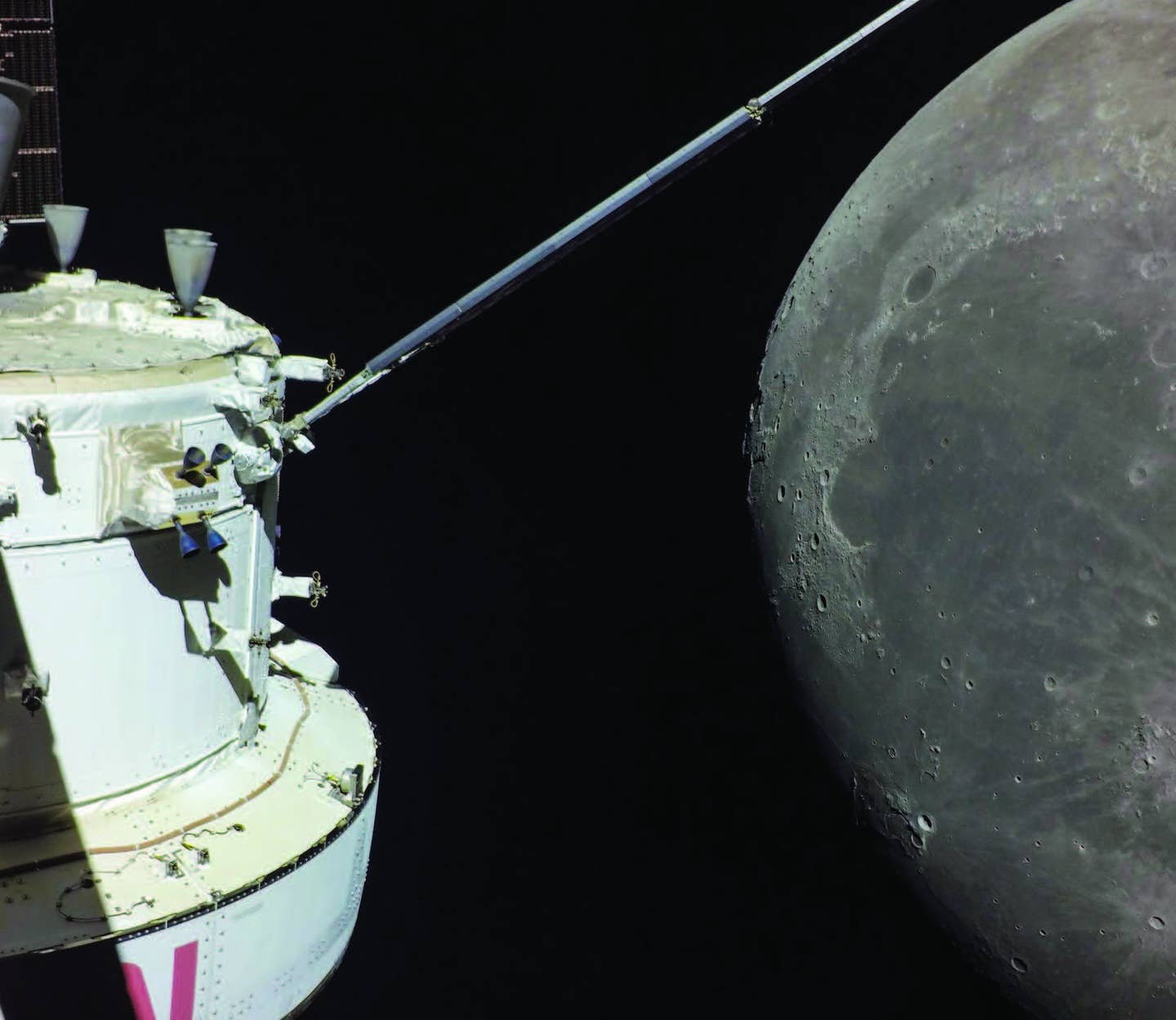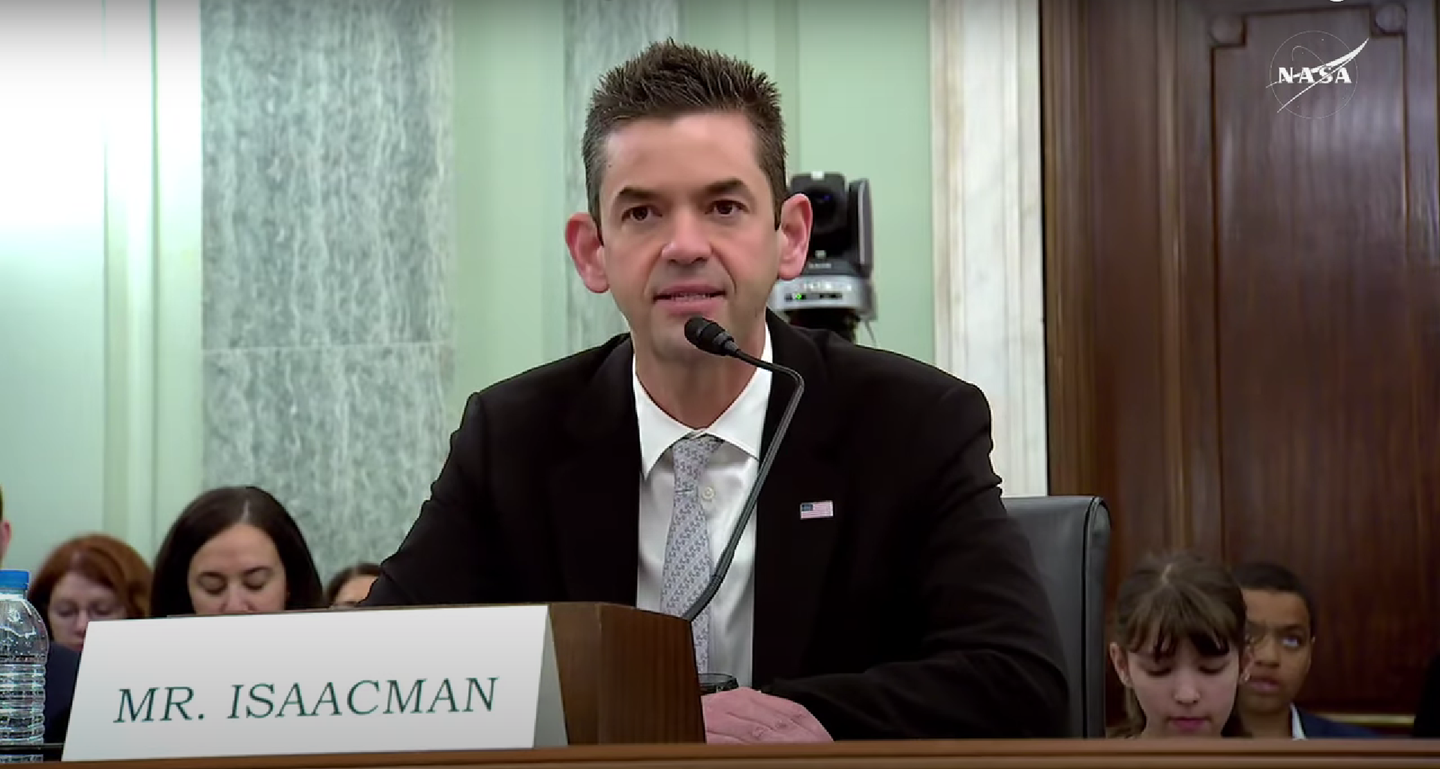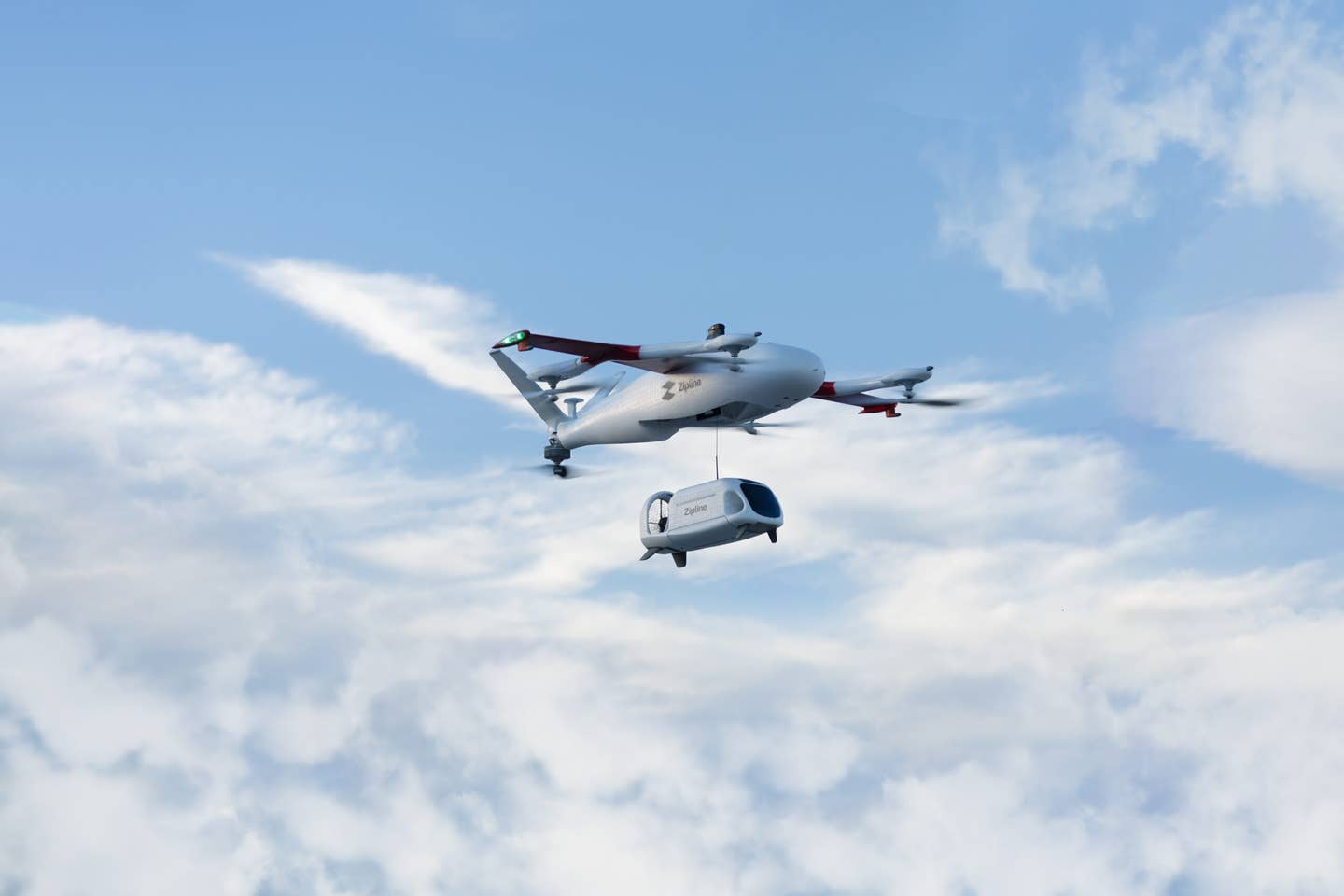Reliable Robotics Completes Historic Cargo Flight—With No One on Board
Reliable’s remotely piloted aircraft technology relies on a continuous autopilot system, which allows flights to be operated from miles away.

Reliable Robotics flew a Cessna 208B Caravan with no one on board, taking off from Hollister Municipal Airport (KCVH) in California in November. [Courtesy: Reliable Robotics]
A company developing technology to automate flight for any aircraft—including cargo aircraft designed for 3,000-plus-pound payloads—made history last month with a monumental first flight.
Mountain View, California-based Reliable Robotics last week announced that it successfully flew a Cessna 208B Caravan in November, with no one on board—an achievement it said was a first for aviation. The uncrewed, FAA-approved flight, which lasted about 12 minutes, was operated remotely by pilot Danah Tommalieh from a control center 50 miles away.
The Caravan, a loan from potential customer FedEx, took off from Hollister Municipal Airport (KCVH) in California’s San Francisco Bay Area. Tommalieh was stationed at Reliable’s Mountain View headquarters.
“Reliable’s successful flight of an uncrewed Cessna 208 Caravan represents a milestone for the industry in bringing new technology to aviation,” said Chris Hearne, senior vice president of engineering and programs for Textron Aviation, which includes the Cessna brand.
Textron has delivered more than 3,000 Caravans, making it one of the most widely used turboprops in the world. Reliable has been working with both Textron Aviation and Textron eAviation—the sustainable flight subsidiary of Textron—to retrofit its continuous autopilot technology onto the popular model.
Reliable’s system automates aircraft through all phases of operation, from taxi to takeoff to landing, allowing pilots to safely operate it from the ground. Redundant hardware and software automate flight control surfaces and engine controls, while redundant voice and data networks enable remote command and radio management.
The technology is also aircraft agnostic, meaning it could one day be equipped on other Textron designs or those of different manufacturers.
Reliable’s continuous autopilot system uses advanced navigation technology and multiple redundant layers to reach a level of reliability equal to crewed flight. It can prevent both controlled flight into terrain (CFIT) and loss of control in flight (LOC-I), which Reliable says account for the bulk of fatal aviation accidents.
Automated aviation systems will most likely first appear in the cargo sector, beginning with smaller aircraft, since passengers are not on board and operations are lower risk. Manufacturers such as Reliable claim the technology can alleviate the sting of pilot shortages and will eventually be safer than crewed flight. The challenge now is getting it certified.
Last month’s milestone flight comes on the heels of a few major developments for Reliable.
In August, the company flew a crewed Caravan, equipped with its continuous autopilot system for hours at a time, over the course of three test flights for the FAA, part of the agency’s Urban Air Mobility (UAM) Airspace Management Demonstration.
That followed the regulator’s formal acceptance of Reliable’s certification plan in June, which paved the way for its autonomous system to be one of the first approved. The plan relies on existing regulations for normal and transport category aircraft, with no special conditions or exemptions.
Earlier this year, Reliable conducted first-of-its-kind flight tests with NASA through the space agency’s Advanced Air Mobility (AAM) National Campaign, which also counts electric air taxi manufacturers Wisk Aero and Joby Aviation as vehicle partners for demonstrations. Davis Hackenburg, who spearheaded NASA’s collaborations with AAM industry stakeholders, joined Reliable as vice president of government partnerships in May.
But arguably the company’s most important relationship is its collaboration with AFWERX, the innovation arm of the U.S. Air Force.
The Air Force Research Laboratory (AFRL) tapped Reliable in 2021 to explore how its autopilot system could support Air Force operations. Since then, it’s agreed to contracts and commissioned studies to explore how the commercially derived tech could be added to large, multiengine aircraft for military use cases, such as cargo logistics and aerial refueling. It completed an initial demonstration at Travis Air Force Base in May.
“This monumental aviation achievement is a great example of how AFWERX accelerates agile and affordable capability transitions for the world's greatest Air Force," Colonel Elliott Leigh, AFWERX director and chief commercialization officer for the Department of the Air Force, said of November’s flight. “This milestone accelerates dual-use uncrewed flight opportunities, increasing aviation safety and enabling us to bring a broad range of autonomous military capabilities into denied environments.”
But Reliable is looking beyond defense use cases. With a useful load of 3,000 pounds and the ability to take off from shorter runways, the company’s remotely piloted Caravan could introduce same- or next-day shipments of time-sensitive deliveries to locations currently served by piloted Caravans.
In fact, in 2022, Reliable announced plans to launch a fully owned Part 135 airline subsidiary led by former Ameriflight executives Jeff Drees and David DeRose and cargo industry veteran Lee Tomlinson. The trio of new appointees bring a combined 80 years of strategic and tactical expertise in air cargo and are preparing the company to launch commercial cargo flights.
Not long after that announcement, Reliable began working with ASL Aviation Holdings, which owns airlines in Europe, Asia, Africa, and Australia. The global aviation services company wants to add advanced automation to its fleet of more than 160 aircraft, beginning with large twin engine turboprop freighters such as the ATR-72.
The partners will weigh demand for remotely operated aircraft in Europe, looking at both cargo and humanitarian applications. ASL also provides outsourced cargo transport outside North America for global express carriers such as Amazon, FedEx, and DHL.
“ASL is always innovating to better serve customers, and our partnership with Reliable is aimed at enabling us to provide reliable, flexible and cost-efficient time-sensitive cargo delivery to smaller unserved areas,” said Dave Andrew, group chief executive at ASL. “[Last month’s] historic flight is a testament to Reliable’s focused leadership in advancing aviation innovation and capability for the industry.”
In addition, Reliable in June partnered with Azul Airlines, the largest airline in Brazil, to bring its remotely operated system to Latin America. The airline also has an agreement with electric air taxi manufacturer Lilium for the purchase of 220 Lilium Jets.
Like this story? We think you'll also like the Future of FLYING newsletter sent every Thursday afternoon. Sign up now.

Sign-up for newsletters & special offers!
Get the latest FLYING stories & special offers delivered directly to your inbox






